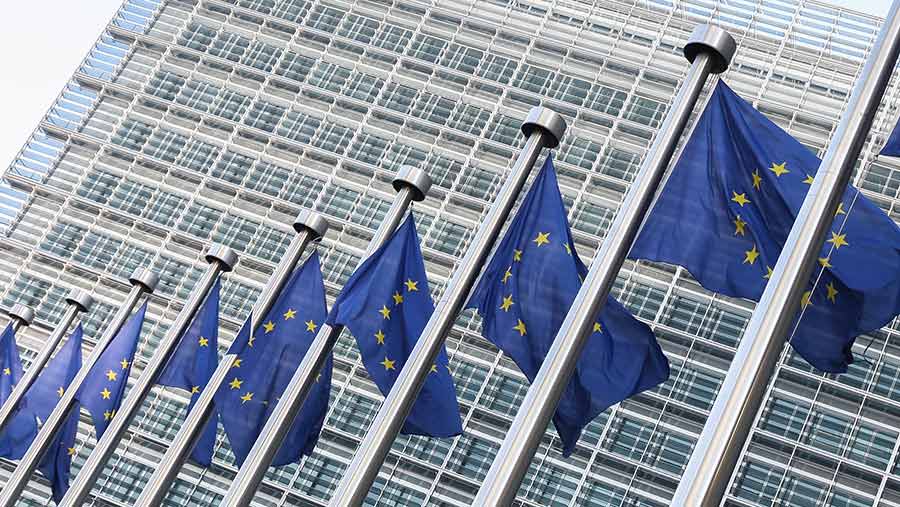Plan to cut NI Brexit checks lacks detail on farm goods
 © Adobe stock
© Adobe stock Brussels’ offer to cut 80% of Brexit red tape imposed on food exports to Northern Ireland (NI) fails to address key farming issues, according to industry leaders.
Stringent checks and multiple certifications on animal and plant-based goods, known as the NI protocol, were imposed on 1 January.
But the checks have stifled trade and raised political tension.
However, in a bid to move talks forward Brussels has announced several key changes.
Proposed changes
- 80% reduction in physical checks on GB food products arriving in NI
- 50% cut in paperwork for NI-based importers
- Expanded trusted trader arrangements allowing more companies to have exemptions from customs tariffs
- Increased discussion with trade bodies in NI
Announcing the proposals, EU vice-president Maros Šefčovič said more than 80% of the identity and physical checks previously required would be removed, allowing food to flow more freely.
Mr Šefčovič added that duplicate certificates for consignments of dairy, meat, fish, fruit and vegetables moving from GB to NI would be scrapped.
See also: Pulses good option for growers as fertiliser prices rocket
Instead, just one certificate would be needed to state that all goods of different types, class or description met EU law.
In practice this means a lorry load of 100 different food products would need just one piece of paperwork rather than the current 100 separate certificates.
The proposals come with a caveat. Mr Šefčovič said the UK government must undertake to carry out the remaining checks properly.
The UK government needs to do its part – for example, by ensuring that permanent border control posts are up and running, as agreed a long time ago, Mr Šefčovič said.
“We also need specific safeguards in place, like clear labels and the ability to monitor every link of the supply chain,” he added.
Lack of detail
But although UK farm leaders have welcomed the move, there is concern about a lack of detail over farm goods.
NFU chief international trade adviser Gail Soutar said it remained unclear whether the announcement would affect farm-to-farm trade.
“The NI protocol is not just about supermarket food. There are key issues like the movement of seed potato and other certified seed and plant stocks were not covered by the announcement,” Ms Soutar said.
“The first point we need to make is that any easement or measures must cover the whole food sector including at farm level,” she said.
Bans on the movement of seed potato and horticultural seed stocks, along with other issues surrounding certified seed, have led to shortages for NI growers.
Breeding and show animal movements have also been hit hard by the NI protocol, which requires lengthy and unworkable standstill periods.
“Therefore, although we welcome the announcement these matters need to be tackled and addressed urgently,” Ms Soutar said.
Ulster Farmers’ Union president Victor Chestnutt echoed Ms Soutar’s view.
He welcomed the proposed changes, but said more movement was needed to help struggling farmers on both sides of the Irish Sea.
“There are a lot of issues covered in the package of measures, but we will need to get more detail quickly, and work through and clarify these on the basis of engagements with officials.
“In the short period of time available, we intend to meet the UK government and the EU to discuss these proposals in full and look forward to understanding how these proposals will work for NI farming.”
